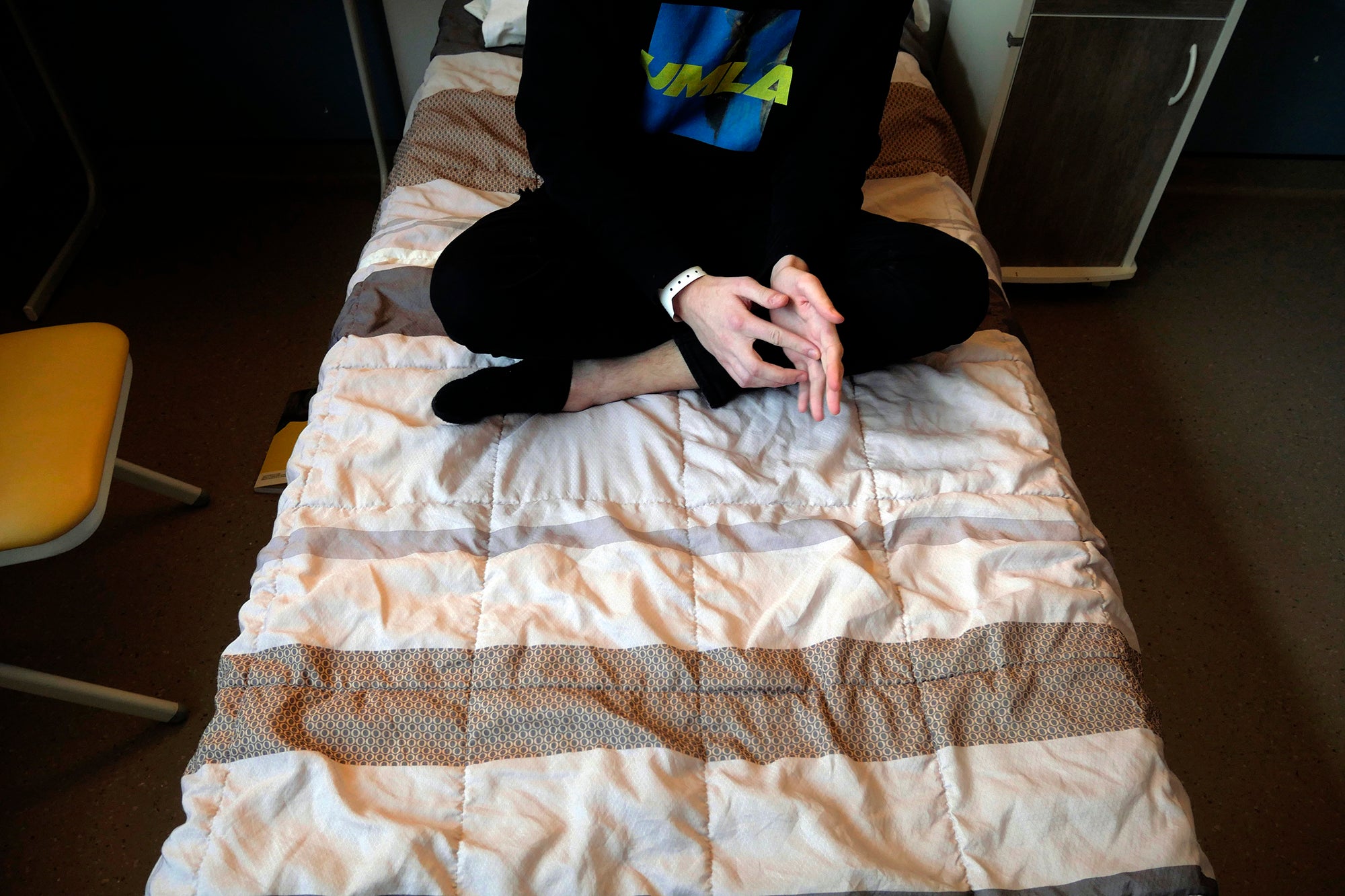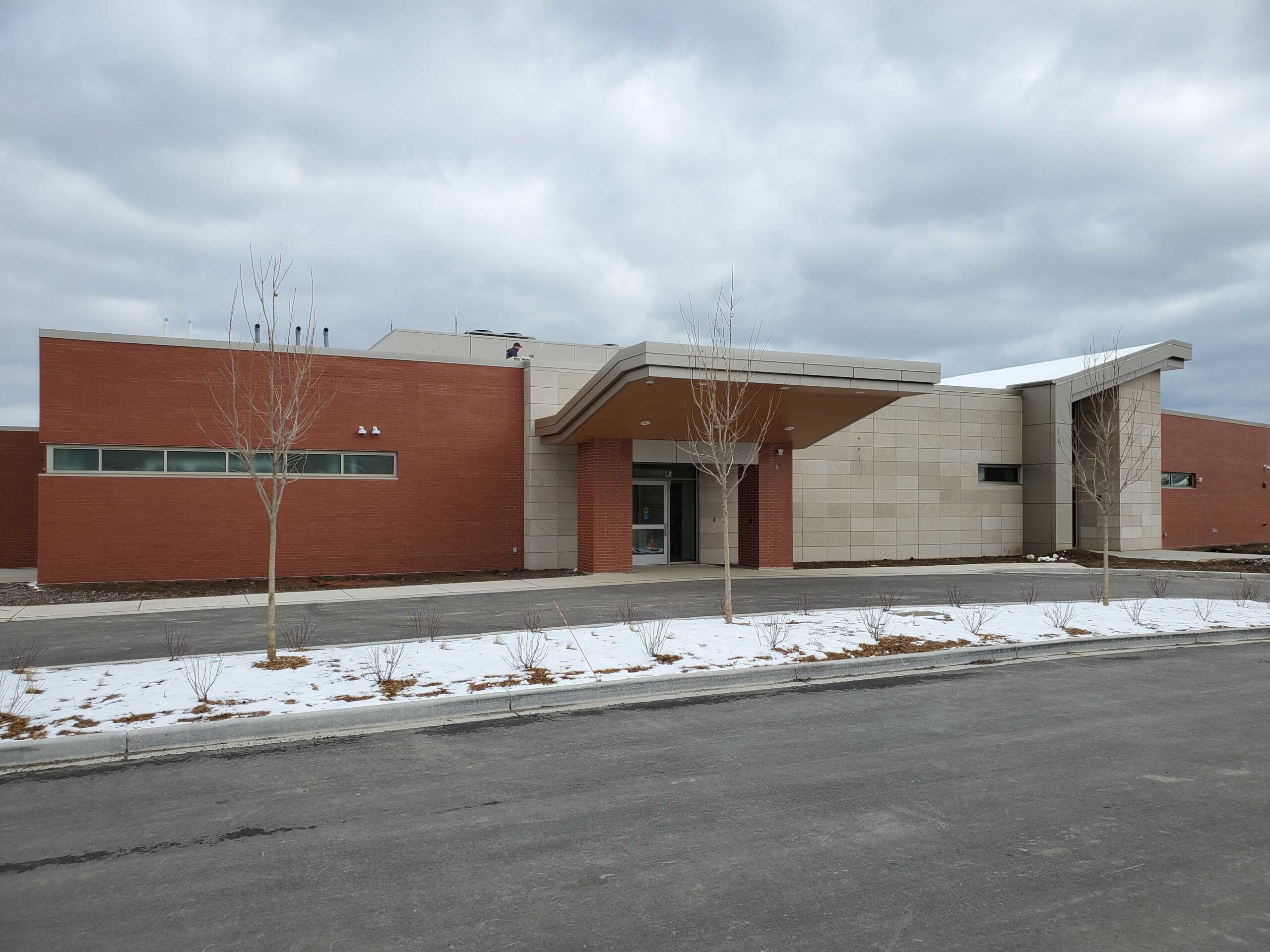Five regional crisis stabilization facilities are now open in Wisconsin, a step professionals hope will change the way people with a mental health or substance abuse issue get care.
The centers in Waukesha, Beaver Dam, Madison, La Crosse and Wausau are designed to be a short-term stay for someone in crisis.
The state Legislature approved the idea last year, and the state Department of Health Services granted $10 million of the state’s federal COVID relief funds to help pay for the facilities.
Stay informed on the latest news
Sign up for WPR’s email newsletter.
“(These crisis centers) are able to offer individuals in crisis short-term, out-of-home, stabilization services that are an alternative to a hospital,” said Brianna Zaborowske, DHS lead crisis coordinator.
The regional centers offer their own menu of services that include help deescalating from a crisis, individual crisis counseling and skill building.
“What they offer is some time away from whatever may be a crisis trigger, giving that person some time to stabilize, deescalate and identify a plan of action moving forward to address their crisis needs,” Zaborowske said.
“There’s a lot of momentum right now both nationally and in the state of Wisconsin to improve crisis and mental health services,” she continued. “We know that there’s a need for crisis and mental health services in our state.”

Calls to a new statewide mental health helpline more than doubled in its first year of use and opioid overdose deaths were up almost 20-percent in Wisconsin between 2020 and 2022.
In the past, people suffering from a mental health or substance abuse crisis were often taken by police to one facility in the state, the Winnebago Mental Health Institute near Oshkosh. Now, family or friends can call a county crisis line, the 988 Suicide & Crisis Lifeline or 911 if they need help and be referred to the regional crisis facility for support.
“Crisis services are operated on the county level, and what these regional crisis stabilization facilities offer is a more regionalized approach to crisis stabilization services,” Zaborowske said.
“We want to be able to have services provided to all Wisconsinites regardless of where they’re located,” she added.
Tellurian Behavioral Health based in Madison will operate two of the five new centers. The Madison location will serve parts of central and southwestern Wisconsin. The La Crosse location will care for people in an 18-county area of western and northwestern Wisconsin.
“It’s that quick access to services and early intervention (that) is going to be the key to the success of these programs,” said Tim Blumentritt, social services manager for Tellurian’s La Crosse programs.
The La Crosse facility will be open 24/7 to help people in mental health or substance abuse crisis.
“The new facility will be for acute mental health needs. Someone is struggling in the stages of a crisis. If they are referred to us, we are going to do everything we can to address their needs and support them,” said Blumentritt. “Stays in the facility could be a matter of hours to a day or two. The service is intended to be intense, but short-term.”
Blumentritt said about one-third of all people in a mental health crisis need to be hospitalized.
He said before the regional model was created, people in a mental health crisis could be treated in facilities hours from home.
“Treating people in a health care system that does not know them, or have their records is not ideal,” Blumentritt said. “Our hope is that the regional centers will be able to intervene and support people before they enter a full-fledged mental health crisis.”
Wisconsin Public Radio, © Copyright 2025, Board of Regents of the University of Wisconsin System and Wisconsin Educational Communications Board.




